Cold and flu medicine
Caffeine, found in coffee, is a stimulant that increases the activity of the central nervous system. Meanwhile, pseudoephedrine, a decongestant found in cold and flu products, is also a stimulant. When taken together, the effects of these two substances can enhance each other, leading to feelings of restlessness, irritability, headaches, rapid heartbeat, and insomnia, according to The Conversation (Australia).
Some studies have also shown that combining caffeine with pseudoephedrine can increase blood sugar and body temperature, which is especially noticeable in people with diabetes.
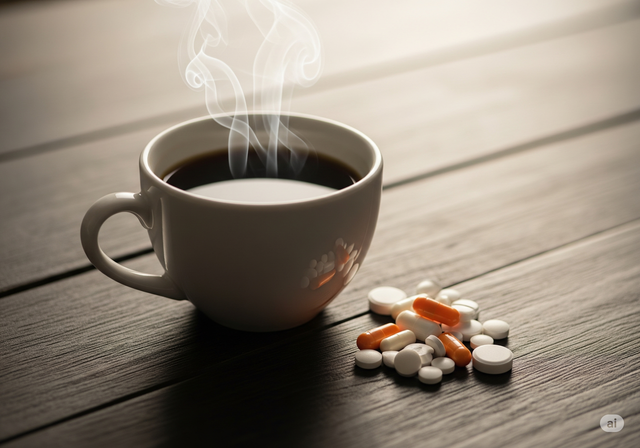
Coffee can reduce the effectiveness of some medications.
Photo: AI
Coffee and painkillers
Some over-the-counter pain relievers, such as those containing aspirin or paracetamol, also contain caffeine. Coffee can speed up the absorption of these medications.
While this may help the medication work faster, it can also increase the risk of side effects such as irritation. To date, no serious cases have been reported from taking coffee with painkillers, but people should still be cautious.
Thyroid medication
Studies show that drinking coffee after taking levothyroxine - the standard treatment for hypothyroidism - can reduce the drug's absorption by up to 50%.
Caffeine increases intestinal motility, giving the medication less time to be absorbed. At the same time, caffeine can also bind to the medication in the stomach, making it harder for the body to absorb the medication. These effects cause less of the medication to enter the bloodstream, which prevents it from working to its full potential. At this point, symptoms of hypothyroidism such as fatigue, weight gain, and constipation may return.
People who should be careful about eating cucumbers regularly
Antidepressants, antipsychotics
Studies show that in the stomach, caffeine can bind with certain medications used to treat mental conditions, reducing their absorption and effectiveness.
A study found that drinking 2-3 cups of coffee a day can inhibit the processing of clozapine - an antipsychotic drug. At this time, the concentration of clozapine in the blood can reach up to 97%, increasing the risk of drowsiness or more serious complications.
If you are taking antidepressants, antipsychotics, or blood pressure medications, talk to your doctor about drinking beverages containing caffeine.
Heart disease medication
Caffeine can cause a temporary increase in blood pressure and heart rate, usually lasting 3-4 hours after consumption. For people taking blood pressure medications or medications to control irregular heartbeats (arrhythmias), this can counteract the effects of the medication.
Therefore, people with high blood pressure or heart disease should closely monitor their symptoms when consuming coffee, limit their consumption, or switch to decaffeinated coffee if necessary.
Additionally, people should also consider consuming caffeine if they experience side effects such as restlessness, insomnia or anxiety...
Source: https://thanhnien.vn/nhung-loai-thuoc-khong-nen-dung-cung-ca-phe-18525061710004829.htm







![[Photo] General Secretary To Lam attends the opening ceremony of the National Achievements Exhibition](https://vphoto.vietnam.vn/thumb/1200x675/vietnam/resource/IMAGE/2025/8/28/d371751d37634474bb3d91c6f701be7f)
![[Photo] National Assembly Chairman Tran Thanh Man holds talks with New Zealand Parliament Chairman](https://vphoto.vietnam.vn/thumb/1200x675/vietnam/resource/IMAGE/2025/8/28/c90fcbe09a1d4a028b7623ae366b741d)









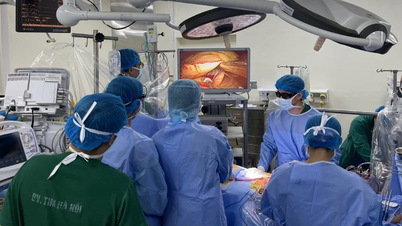

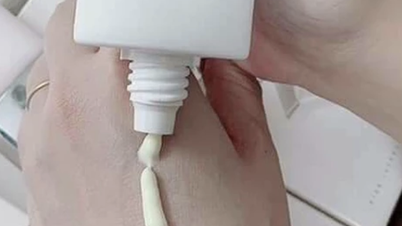
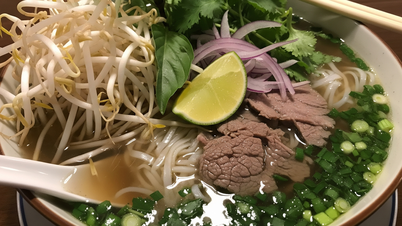
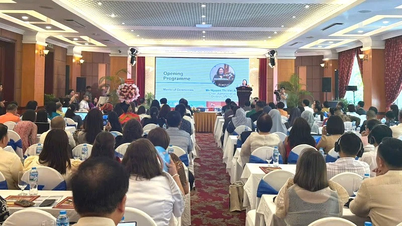


















































































Comment (0)